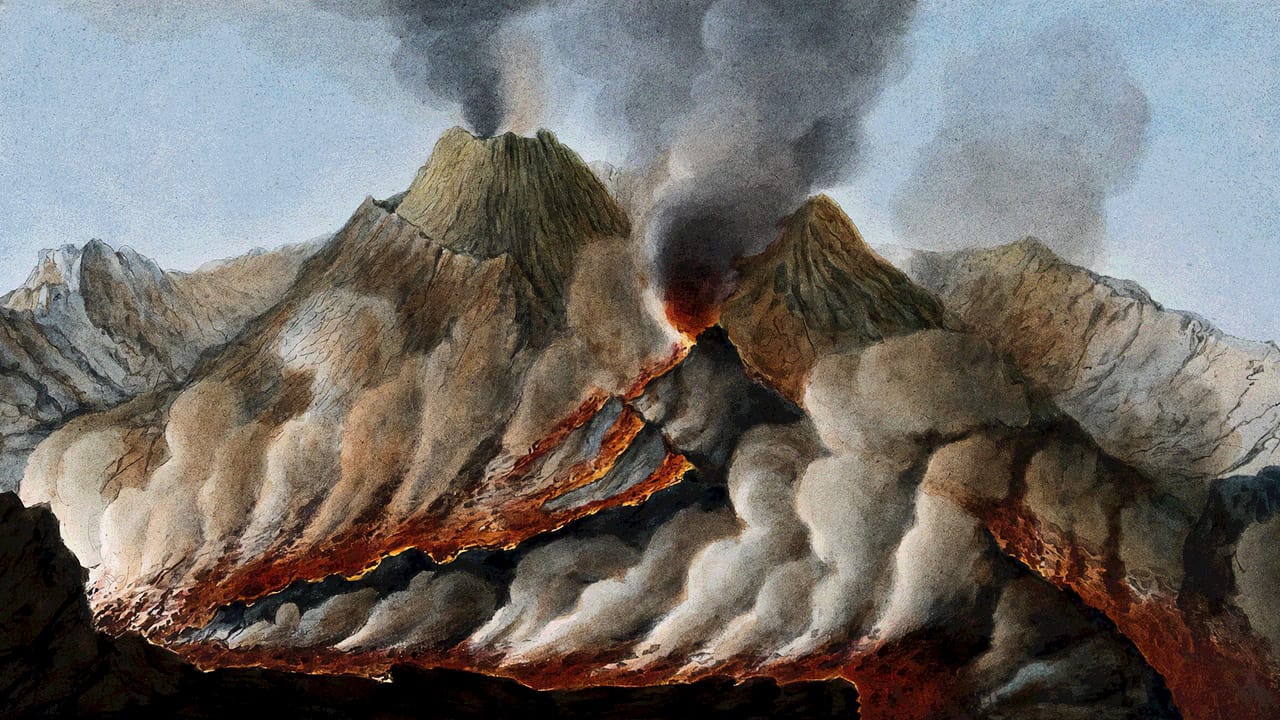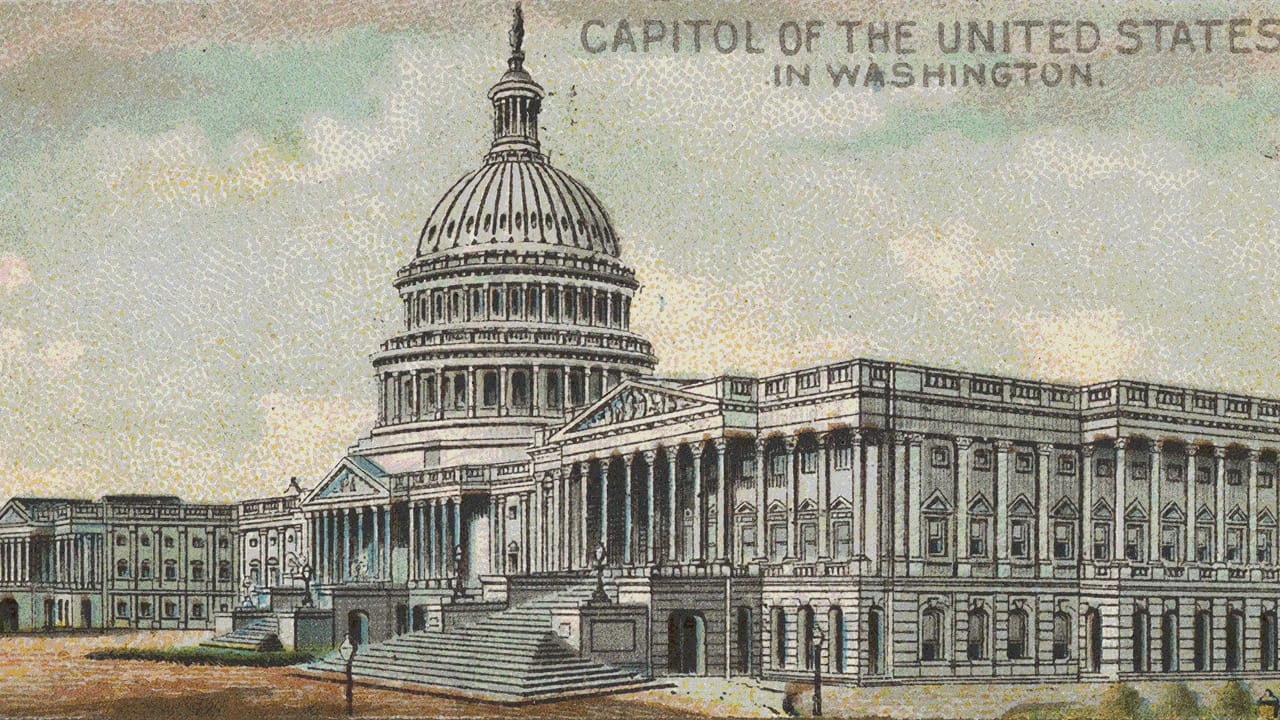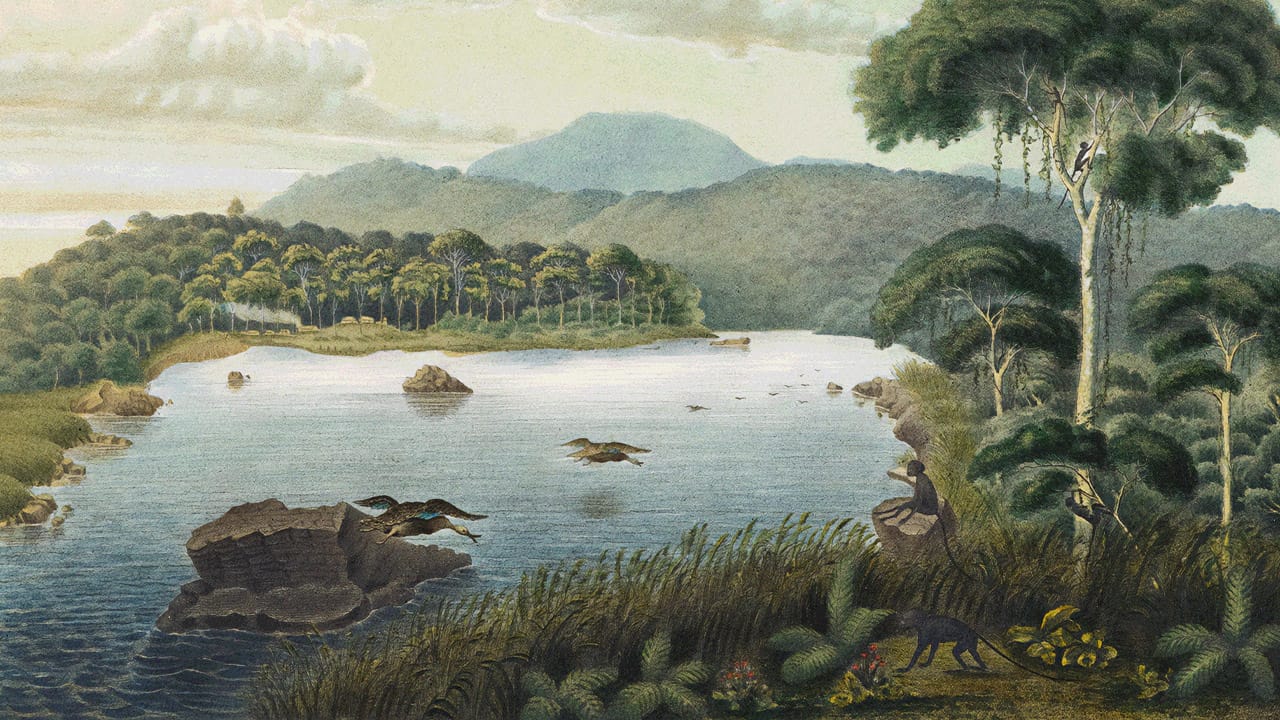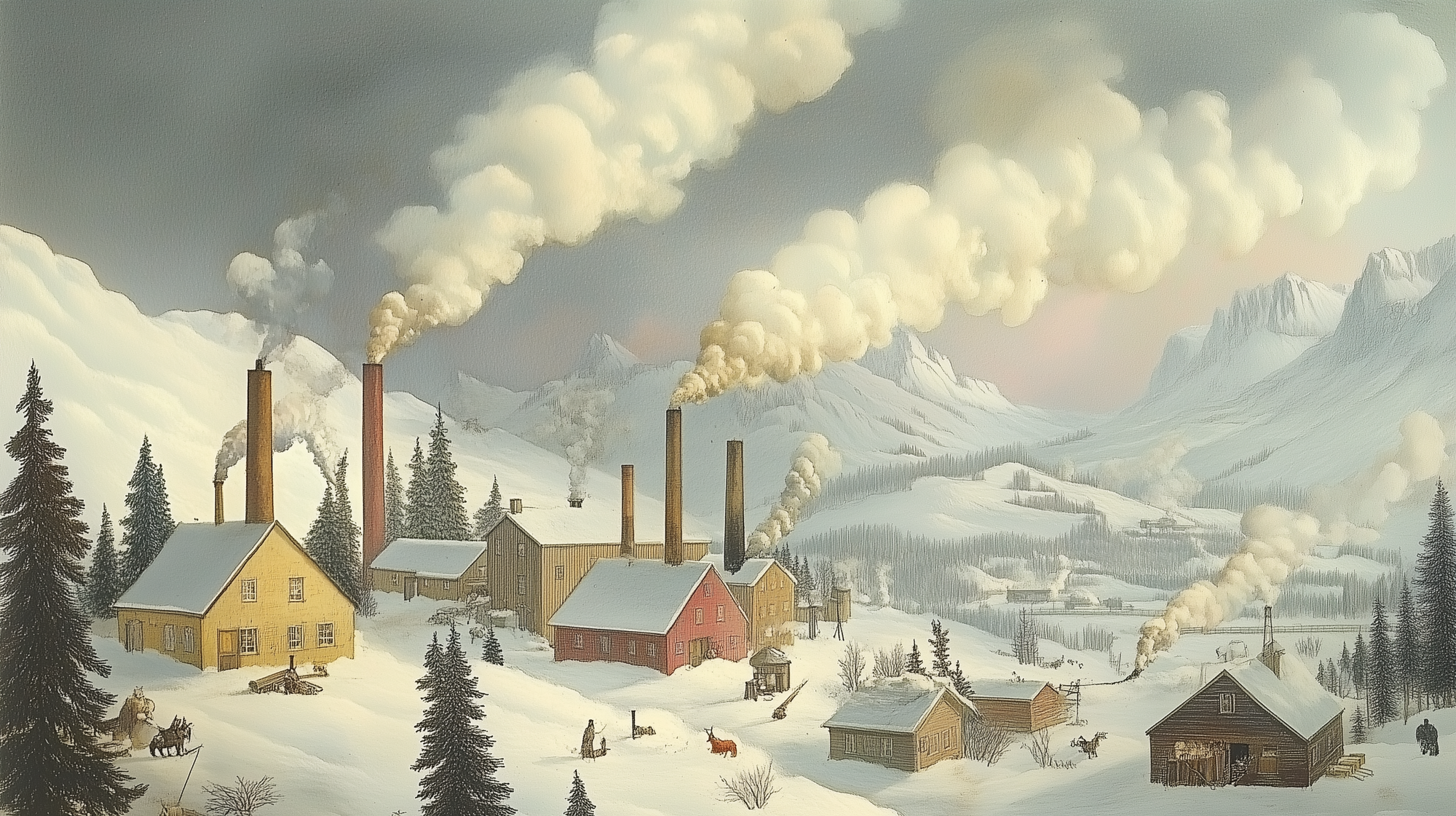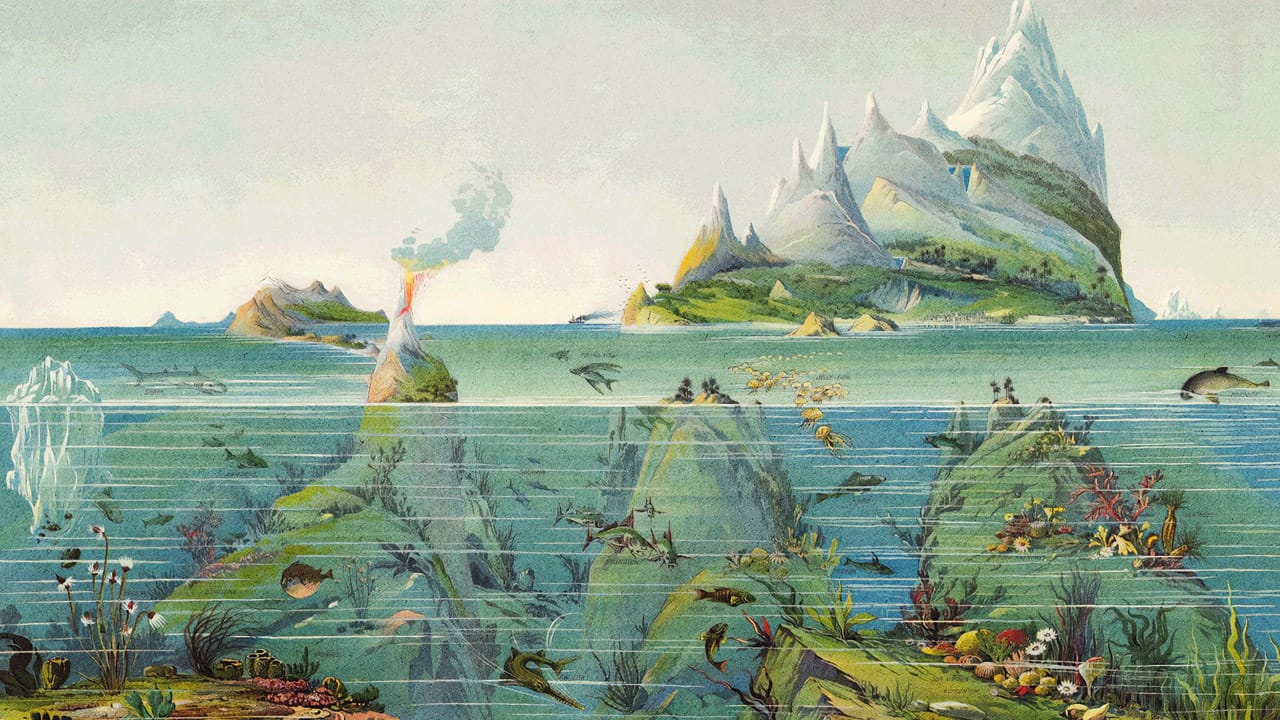Jake Bittle, a journalist based in Brooklyn who covers climate change and energy, February 7, 2024
Jake Bittle is a staff writer at Grist who covers climate impacts and adaptation. His book about climate migration, "The Great Displacement," is published by Simon & Schuster.
Djurdja Jovanovic Padejski: Do you use environmental terms spontaneously, or do you have a process of selecting environmental terms for your articles?
Jake Bittle: I think I use them spontaneously, but as the result of an acquired familiarity and a sense of what the terms mean. I don't select them based on a predetermined process. I use the terms that I think are appropriate in the moment. Not systematically, but I would flatter myself that I have some familiarity with the terms, so it's not quite random.
DJP: So it's content-driven?
JB: Yes.
DJP: Your job in conveying environmental issues is challenging because of the very nature of the issues. They are very complex. Do you strategize how you're going to approach that, in regard to a diverse readership, or are you writing for a targeted audience?
JB: I think that my colleagues at Grist and most of my peers would say that trying to convey complex topics in a way that is simple and easy to understand, but without extinguishing the nuance, is probably the single most important and most difficult part of covering environmental issues. That is by far the thing that I think about the most in the process of writing.
DJP: Tell me more, please.
JB: When you write and when you listen to people, when you interview experts, when you try to describe the regulatory or scientific issues at play, the language that comes out is naturally very complex.
In order to give an accurate description of a topic, you have to use jargon or complex sentence structures, and caveats and qualifiers. That stuff is not really readable, even for people who have subject matter experience.
It's certainly not readable for people who don't have subject matter experience but are interested in or perhaps affected by the issues.
So how do you write in a way that's really simple?
That's really hard, and I think everyone approaches it differently. Probably some people would say that you should avoid jargon and try to stretch thoughts out over multiple sentences or even paragraphs, rather than try to explain everything as you're saying it.
It's hard to explain. It's hard to put into words actually how this works.
DJP: You rather sacrifice the style?
JB: I mean, there's probably an ethical mandate not to sacrifice accuracy.
I like writing, I like good writing, but if you have to pick, you kind of have to pick accuracy, or else you're not really doing your job. Or most people would say that.
DJP: Is there a fundamental difference between your style when you're writing for a publication and when you do your other environmental writing?
JB: I write for an online news magazine. The longest articles that I've ever been allowed to write are 5,000 words. I mean, I could write longer if I wanted to, but that's as long as you can get someone to read on the internet. 5,000 is way too long, arguably, in 2024.
You sacrifice an immense amount, and it's also—this subject matter is much more timely. These are fresh stories. Honestly, sometimes they're daily news stories.
You don't have the time to put in every nuance and historical precedent and convey all the different quirks in the scientific literature.
So you have to sacrifice nuance and style because the economy of language is really important for somebody who's reading on their phone.
When I wrote the book and when I've written for print magazines, to a certain extent as well, you have less of that sacrifice that needs to be made. There's more of a desire to include some of the stuff that gets cut from news coverage, and there's more room for style.
DJP: In which way do you feel that words and phrases used in environmental reporting play a role in how the readers perceive it?
JB: I think that they—there's two things.
One, they now probably in the contemporary United States function as a signal to the reader of the partisan or political affiliation of the publication itself.
Most publications have house styles on this stuff now, or at least internal guidelines about how to talk about this.
A publication that uses "climate change," "climate emergency," or "climate crisis" is immediately signaling itself as being much more to the left than others.
But in addition to that, the terms that you use also help shape the reader's understanding of the issues at play.
That's much subtler, and it's much harder to say how that relationship works. But if you think about something like "fossil fuels" versus "oil and gas," or "renewables" versus "solar energy," or "pollution" versus "particulate matter," that's a good example.
"Particulate matter" is a scientific term. "Pollution" is a term that everyone understands.
But it's not like "particulate matter" is particularly good. And it's probably different every time because the meanings of these terms are evolving very quickly.
I think with the big ones, especially the "climate change" versus "global warming" versus whatever, those are pretty clearly marked as they're somewhat partisan now.
Everything else is in flux.
I think there are reasonable discussions to be had among professionals about what the best terms to use are. Is it "irrigation," is it "farming," is it "consumptive use of water"?
These are all very complicated things that are being reduced. So I think there are two—those are the two main ways in which those would affect readers' views of the subject.
DJP: There's a non-stop campaign from marketing divisions of big corporations that are influencing heavily, maybe even dictating, that flux of terminology. The meaning keeps evolving because it's an invisible war happening continuously. They are looking for ways to skew meaningful reporting and to reword it. How are you communicating with the readers having in mind that they are exposed to this as well?
JB: Of course, a person's understanding of energy and climate issues is not solely shaped by the journalism that they read.
Even if you extend the definition of journalism to include television news, every time you go down the jetway to an airplane at LaGuardia or JFK, there are ads from HSBC and Total and big banks and energy companies and oil companies touting their progress in solving climate change and their investments in renewables and biomass and all that other stuff.
So whether people pay attention to those or they're just looking at their boarding pass, I don't know.
Of course, I don't personally see myself as being in a direct war of influence with those companies.
Although, when you think about the limited space in somebody's mind as a reader, of course, yes, there's competition for influence over their conception of climate change.
But, I think you're right that it's mostly invisible.
I think that if I were to think about the work that I'm doing in the context of, "Am I competing against the industries?" I would go crazy because it's just not something you can measure yourself against in a reasonable way.
DJP: Do you deploy a style guide, and if yes, why? And if not, why? What do you think about that?
JB: I don't consult it enough. We have a style guide for lots of different things, you know? How do you refer to, like, a state in abbreviating it? There are certain terms that we have a style guide for, mostly for clarity and consistency.
But when it comes to "climate change," big topics that are the subject of political contention, I don't, and we don't have, a style guide for that.
Like "natural disaster," for instance. I write about natural disasters a lot. I write about disasters a lot. People would say, "There's no such thing as a natural disaster. There are climate disasters."
I say "disasters" sometimes, or sometimes I say "weather disasters." I don’t use those terms systematically.
We don't have a standard for that. I don't have a mandate for how to use terms that are the subject of political contention.
DJP: Does your publication pay attention to consistency for the sake of accuracy? Is that streamlined?
JB: My editor—I work with mostly one editor, and maybe two on bigger stories—is pretty good about ensuring that I'm not radically swinging between one and another way of talking about a topic.
I think that process is pretty collaborative at Grist. It's not so much that I have an instruction or like somebody telling me how to write about something.
I'd say it's pretty much driven by me, but we have editors who try to make the language smooth and legible.
A lot of times that entails consistency across stories, like, let's just refer to something as carbon capture.
DJP: When we were talking about attributing agency to different stakeholders in environmental narratives, from the general public to governmental agencies to corporations, do you consider the implications of contributing agency when you're telling the story?
JB: I think I definitely consider who seems to be and who is implied to be blameworthy or responsible for the dynamics that I write about.
I feel like we do that a lot, and it's because it's more accurate and readers tend to come away with more comprehension of a problem or are more interested in it if it's portrayed as something that is the result of a decision or that there is an active participant in it, rather than just a phenomenon that arises or disappears.
I don't know that we always say, for example, "climate change is caused by the burning of fossil fuels, and fossil fuels are burned because of oil companies," etc., because frankly, my readers mostly know that and believe that.
If they don't believe that, they're probably reading my article by accident. I just don't feel the need to say that every time.
But we try to be clear about the connections to climate change, and if there's any other kind of thing with pollution, etc., we try to be clear about who the agents of that are.
DJP: What are the most important environmental issues the media should address today?
JB: I'm going to say two: climate change and toxic air pollution.
DJP: Can you elaborate?
JB: Climate change is a global threat to the survival of humankind. It is affecting the entire world economy and every country on Earth.
Toxic air pollution is one of the No. 1 global health threats and one of the No. 1 negative consequences of industrialization that doesn't result from the planet warming.
It can't be reduced to climate change. It's not the same thing, but it's in many places deadlier than climate change and it gets far less attention.
DJP: Are these issues, in your opinion, given appropriate space in the news?
JB: Climate change is given more coverage than it used to be. I don't know if it's enough. It's not enough until the problem is fixed.
I don't know the relationship between media coverage and political action on climate change. That would be the work of decades to figure that out.
DJP: There's work that draws a clear link between media coverage and views and policies.
JB: There's definitely academic research that has empirical results on this.
There's a lot of coverage of climate change, and it's honestly one of the few growth areas for the domestic media in the United States.
Air pollution also has more coverage than ever. I would say it's not enough.
DJP: Is it good quality coverage?
JB: It's getting better. It's probably been invested in less than climate coverage, but it's getting better. It's pretty good.
Honestly, climate coverage and environmental coverage are probably at a higher caliber in the United States right now because of the amount of money that's been put into it in the last five to 10 years.
DJP: This is a very large umbrella when we say "environmental issues," but we know that in the areas where it's the most critical and urgent to report, they're actually at an intersection with race and class. Do you still feel that there's enough limited coverage of climate change?
JB: I don't think there's enough climate change coverage, and I think that there's probably proportionally less climate change coverage of the intersecting impacts of race and class, and gender, than there is coverage of climate change as an issue broadly.
But in all subsectors of this issue, coverage has increased, and the range of the coverage has gotten broader. The number of sub-issues that are being discussed has gotten broader.
Relative to the amount of resources that are present for other key political issues in the United States, it's very difficult at this point to say that climate change is still a vastly under-resourced beat.
When you think about the amount of resources that are present to report on gender and pregnancy and abortion in the U.S., that is an under-resourced beat.
Thousands of people have probably died or been harmed as a result of the overturning of Roe v. Wade, and there's been way less coverage of that than there has been of climate disasters over the past year.
That's because there's been a massive upsurge in political awareness and participation in climate issues, and readers want to read about it.
It's become a viable economic thing for media organizations to invest in and for funders to fund.
That has also entailed more coverage of climate change impacts with race, climate change impacts with gender, climate change impacts with disabilities, and international climate impacts.
But it's still not enough.
DJP: How do you see your role in shaping the public discourse on environmental topics? Do you see your job as only to inform people or also to educate them? Or do you see your job as an extension of activism?
JB: I don't see my job as an extension of activism, but I don't think my duties end at just informing people.
I think climate change and environmental issues are urgent, and the right kind of journalism should increase people's awareness and understanding of those issues to make them more engaged in solving them.
I'm not going to be prescriptive about what they should do or what I hope they do as a result of my work, but hopefully, public understanding doesn't just end at public understanding.
I don't want to just tell them some information and numbers. That understanding should hopefully cause them to act and stop the world from overheating.
It's complicated, but it's not just about conveying information.
DJP: What do you think about the relationship between environmental and political and economic challenges? Do you find this relationship adversarial, or can you imagine a modus operandi in which those issues would not be competitive? For example, when you reported on a story and it has multiple competing angles.
JB: I think the most valuable environmental journalism is about the relationship between the environment and human development and industrialized society. Most environmental stories that engage readers are about the competition between political and economic motives and the environment.
For instance, think about endangered species in the forests of the western United States. Oftentimes, what they're endangered by is recreational development of resort recreation or timber logging.
Or, maybe an endangered species in the desert is endangered by a solar panel.
Or if the ocean is acidifying, that's potentially the result of anthropogenic carbon emissions.
So it's not easy to disentangle those.
There are definitely people who write science writing about research on how animals and plants behave, and that is totally legitimate and valuable.
But for me, almost all the journalism that I read and that I've ever worked on is about the conflict between political, economic, and environmental motives and incentives.
So I don't think they are competitive in terms of attention because I think that most environmental stories that get commissioned outside of science publications are already about those things being in conflict.
DJP: How much does ownership in the media and advertisers' influence affect environmental reporting?
JB: I honestly don't know. I think that for Grist, my employer, it influences it almost not at all.
We're a nonprofit, and we have environmental groups advertise with us, but I don't think that's ever directed or influenced our coverage of those groups in either direction.
There's no structural influence that I've observed.
Now, The New York Times Daily podcast runs ads from BP. Semafor, the new Politico, runs ads from oil lobby groups and chemical industry groups.
It's hard for me to see how that can have no relationship with the coverage, but I also see them report pretty hard-hitting things on some of these same companies.
So I just don't know. It's honestly kind of a mystery to me, and I know that's not a satisfying answer, but I actually don't know.
I don't think it's good. It's certainly not good for the credibility of the publication with the readers.
It doesn't look good, but the way that the advertising stuff filters into the editorial is just hard to say.
It's never, you know, you never hear stories of someone saying, "We just got a call from Exxon, you got to kill this story."
It just doesn't seem to happen that way.
It's not just because it doesn't happen, but it's also because it doesn't happen like that. It happens in more subtle ways because these companies, they're not going to kill the story. They're just going to, you know, maybe push a certain language because they, you know, they're choosing their battles.
DJP: What are the most important terms or phrases in environmental news discourse right now?
JB: Climate change, fossil fuels, natural gas, environmental justice, carbon pollution, renewables, carbon capture and sequestration, net zero, carbon offset and carbon credit, natural disaster, climate disaster, mitigation, adaptation, and resilience.
DJP: Feel free to elaborate, especially about resilience and mitigation and adaptation, if you want.
JB: Mitigation is supposed to mean stopping climate change from getting worse, like stopping the world from warming more.
Adaptation is basically preparing for the impact of warming.
But those words are really important, but nobody knows what they mean.
Like, readers just don't. You can explain it in a story, which we often do. We'll often say, "Mitigation is this, adaptation is this."
Resilience sort of means adaptation. It sort of means like successful adaptation.
But it's become a word that's used often. It's also used in psychology to describe a resilient person or somebody who's been through trauma.
So that word is a thicket—it's ill-defined.
These concepts are going to become really important for political mobilization and public understanding of what we mean when we say "climate action" and "funding for climate."
It's already really important on the world stage, where a lot of multilateral development banks and developed countries have given a lot of money for mitigation, like installing solar panels, but very little money for adaptation, like seawalls and drought-resistant crops.
They're kind of dry words, and people's eyes glaze over when you use them.
But I think it's important.
I think journalists have to find a way to make those topics and that concept of the division between mitigation and adaptation legible to people in order to advance the conversation.
DJP: And finally, a little free association experiment. I'm just going to tell you some words one by one. And then you're going to say whatever first comes to your mind.
DJP: Resource.
JB: An object occurring in the Earth that can be exploited for economic value, such as oil, gas, rocks, or water.
DJP: Landscape.
JB: Natural environment. Generally, implies to me, undisturbed or undeveloped.
DJP: Nature.
JB: That's very philosophical. The natural functioning of the world outside of what human beings do.
DJP: Complexity.
JB: It is an essential condition of all the topics that I cover or think about and of modern life.
Any topic that we talk about is immensely complex and is, in many ways, defined by being kind of unthinkably complex.
DJP: Socio-ecological systems.
JB: To me, it's the way human groups and societies interact with the ecology and nature and the mutually functioning systems of human development and nature, like a water management system, a canal and reservoir system, and the way that people use the water.
DJP: Pipeline.
JB: Oil and gas conduit for moving them around.
DJP: Carbon footprint.
JB: A much-litigated and discussed conceptual invention created by advertising consultants for BP.
It has been criticized so much that it's no longer—people don't even really think about it anymore.
I think the battle against the phrase "carbon footprint" has been won, to a larger degree than I think most people would have expected.
DJP: Environmental justice.
JB: The disparate impact of not climate disasters necessarily, but industrial pollution, oil and gas production, environmental manipulation like dams.
It's not just about climate disasters and global warming, but the way those other environmental manipulations by human beings have unequal impacts, often across racial lines.
Environmental justice issues are the way those things affect races and classes unequally.
DJP: Pollution.
JB: A kind of two-pronged term that is at once used to mean toxic particulates and toxins in the air and also the overheating of the atmosphere through excessive carbon dioxide and greenhouse gas emissions.
That term is difficult. It's very useful because people know it's bad, but it can mean two very different things depending on what pollutant you're talking about.
DJP: Fish stock.
JB: The population of fish that can be fished on a large scale. Not really my issue, so I don't really know.
DJP: Climate deniers.
JB: A distinct subset of the population, usually conservative, who actively disbelieve and say they disbelieve in the science of climate change.
I don't know how many of them there are.
DJP: Probably more than we think.



